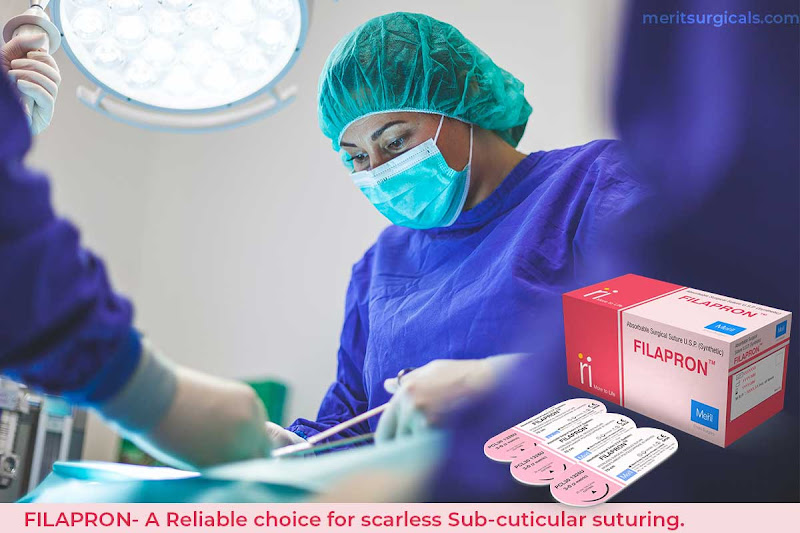One of the most commonly asked questions that surgeons receive is, “Will the procedure leave a scar?” While working on deeper structures may be more difficult for surgeons, patients frequently rate a surgeon’s abilities based on the cosmetic appearance and scars that result from surgery.
A well-placed fine line scar should be a goal that all surgeons strive for when they have the necessary expertise and ability.
Any scar’s final appearance is determined by:
• Patient-related factors
•Technical factors
• Wound-related factors
The patient’s overall health and associated disorders, age, ethnicity, familial predisposition, skin type, and medications are all considerations to be considered. While these elements are frequently beyond a surgeon’s control, there are many factors that a surgeon can control.
The surgeon has complete control over the technical variables, which include incision planning, tissue handling, debridement, sutures utilized, wound repair method and tension, suture retention time, and postoperative scar management.
One of those factors is the selection of the suture to be used to close the wound. The best suture with one of the finest materials available helps minimize the formation of the scar. The FILAPRON plastic surgery suture provided by Merit Surgical helps with it.
Suture materials aid in wound healing by providing support to the healing tissues. The suture is critical for closing the incisions on the skin. The main thing lies in the selection of the appropriate suture material for plastic surgery.
The physical and biological features of the suture material, as well as an assessment of the wound, the healing pace of different tissues, and the patient’s physical state, should all be considered when choosing a suture material.
Sutures are used in a variety of procedures, including fascia closure, hemostasis, intestinal anastomosis, enterotomy, urogenital tract surgery, musculoskeletal surgery, vascular surgery, ophthalmic surgery, plastic surgery, and neurosurgery. Thanks to technological innovations, a wide variety of suture materials are available.
Suture materials have improved technologically, resulting in a greater range of sutures available. Selection has too often been influenced by the surgeon’s personal preferences and training experience, as well as financial considerations.
The properties of an ideal suture for plastic surgery can be described as: it would be sterile, non-electrolytic, nonferromagnetic, noncapillary, nonallergenic, and noncarcinogenic, and would not create a medium for bacterial development. It would also be sterile, non-electrolytic, nonferromagnetic, noncapillary, nonallergenic, and noncarcinogenic. It should be resistant to shrinking and absorb with minimum tissue reaction, as well as be easy to sterilise without losing its quality and be cost-effective to use.
The best suture for plastic surgery is the FILAPRON plastic surgery suture provided by Merit Surgical. FILAPRON (Poliglecaprone 25) is a short-term absorbable synthetic monofilament suture made of poly(glycolide-co-caprolactone).
It has a retention of 60–90% knot tensile strength for up to 7 days. The best part about this suture is that the complete mass absorption of this Filapron suture occurs within 90 to 110 days. Surgeons consider this suture as it has a material with a high strength-to-diameter ratio, a uniform diameter, is sterile and malleable, and has the best tissue acceptance and performance predictability.
So, if you are looking for a plastic surgery suture, FILAPRON will be helpful to complete all your requirements efficiently.
For more information on the FILAPRON, please contact us at meritsurgicals.com.

